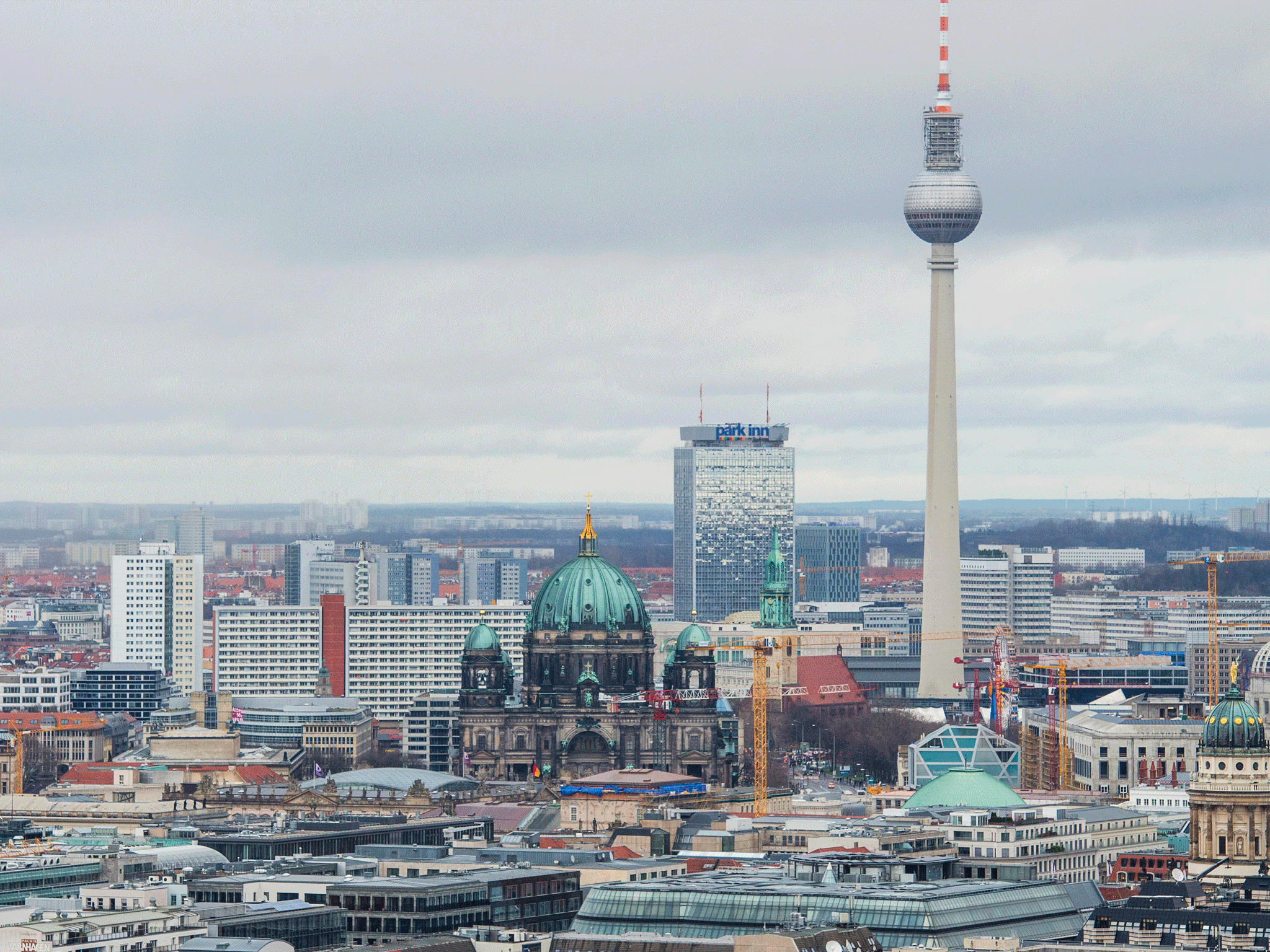Germany pushes to ban petrol-fuelled cars within next 20 years
The resolution urges the European Commission to implement the ban across the European Union

Your support helps us to tell the story
From reproductive rights to climate change to Big Tech, The Independent is on the ground when the story is developing. Whether it's investigating the financials of Elon Musk's pro-Trump PAC or producing our latest documentary, 'The A Word', which shines a light on the American women fighting for reproductive rights, we know how important it is to parse out the facts from the messaging.
At such a critical moment in US history, we need reporters on the ground. Your donation allows us to keep sending journalists to speak to both sides of the story.
The Independent is trusted by Americans across the entire political spectrum. And unlike many other quality news outlets, we choose not to lock Americans out of our reporting and analysis with paywalls. We believe quality journalism should be available to everyone, paid for by those who can afford it.
Your support makes all the difference.Germany’s federal council, the Bundesrat, has passed a resolution calling for a ban on combustion engine cars by 2030.
If the ban were to go through, German citizens would only be permitted to purchase electric or hydrogen-fuelled cars.
The resolution, which has received cross-party support but has no legislative effect, calls on the European Commission to implement the ban across the European Union.
It also urges the European Commission to “review the current practices of taxation and dues with regard to a stimulation of emission-free mobility.”
Greens party lawmaker Oliver Krischer said the ban is needed to reach the requirements put forward in the Paris agreement.
“If the Paris agreement to curb climate-warming emissions is to be taken seriously, no new combustion engine cars should be allowed on roads after 2030,” Mr Krischer told Spiegel.
A switch to zero-emission cars is likely to put thousands of German auto industry jobs at risk as electric cars only require 10 per cent of the work force to assemble.
Greenpeace UK's air pollution campaigner Areeba Hamid told The Independent the plans could be a huge moment in the battle against air pollution.
"The German car industry is one of the most powerful in the world. If this bill is passed into law, it could be a pivotal moment in the shift towards a cleaner transport system and the battle against air pollution,” Ms Hamid told The Independent.
“If the German government can stand up to an influential car lobby, why can't the UK government do the same? Widespread concerns about air pollution and climate change combined with technological innovation are making the electric car revolution almost inevitable.
“The question now is whether ministers want to drag their feet until the very last minute or whether they're ready to embrace a transport system fit for the 21st-century and reap the public health and economic rewards that come with it."
Subscribe to Independent Premium to bookmark this article
Want to bookmark your favourite articles and stories to read or reference later? Start your Independent Premium subscription today.
Join our commenting forum
Join thought-provoking conversations, follow other Independent readers and see their replies
Comments